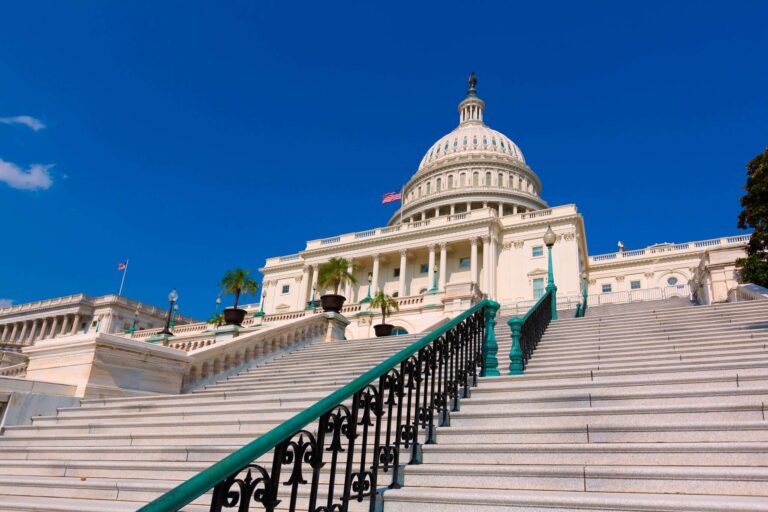The federal authorities’s “child YIMBY” grant program hasn’t even reached its first anniversary and is already underneath risk of early retirement.
In December 2022, Congress gave the U.S. Division of Housing and City Growth (HUD) $85 million to ascertain the Pathways to Removing Obstacles to Housing (PRO Housing) program, which might reward cities and states for eradicating regulatory limitations for housing building. .
“We should legalize housing and abandon the exclusionary zoning that emerged throughout Jim Crow and continues right this moment. The federal government should change its mindset from intentionally proscribing the provision of housing to encouraging it,” mentioned Senator Brian Schatz (D- Hawaii), who secured funding for this system on the time.
Since then, purposes have been pouring in. The Housing and Transportation Appropriations Act that the U.S. Senate handed yesterday consists of $100 million for a brand new spherical of those YIMBY (“sure in my yard”) subsidies for the following fiscal 12 months.
This system may doubtlessly be stalled by the Republican Occasion-controlled Home’s competing housing and transportation funding invoice. The laws would remove this system fully earlier than it even receives its first awards.
The Biden administration — which has lengthy supported the thought of utilizing federal {dollars} to spur zoning reforms — has threatened to veto Home Republicans’ spending invoice, partly on the grounds that it will housing program could be destroyed.
Whether or not this system survives the primary spherical of awards will now rely upon price range disputes between chambers and between totally different departments.
Whether or not it deserves to outlive can also be a little bit of an open query.
Libertarians can argue persuasively that the federal authorities ought to spend zero {dollars} on housing, and that subsequently any proposal to abolish a HUD program (even one designed to encourage deregulation) needs to be supported.
Nonetheless, whole abolition of HUD shouldn’t be at present on the desk. Home Republicans’ extra modest price range invoice would nonetheless give the division $70 billion.
Free entrepreneurs in good standing can (and have) argued that the HUD price range, because it exists, ought to embrace cash for YIMBY subsidies, which implies that the repeal of dangerous, restrictive zoning rules will scale back housing manufacturing and enhance housing prices. In spite of everything, it’s higher to spend cash rewarding deregulation than subsidizing demand for a very good with restricted provide.
That mentioned, the precise design of the PRO Housing program means that it will not truly result in a lot deregulation.
Each the laws that created this system and the HUD rules that implement it make it doubtless that a lot of the primary spherical of YIMBY grants can pay for plans and research that do nothing to scale back limitations to truly take away housing manufacturing.
Hopeful beneficiaries’ purposes for PRO Housing funding proceed to be extra trigger for pessimism.
Some cities are asking for cash to pay for the implementation of reforms that haven’t but been carried out (and will by no means be carried out). Others are asking for cash to check whether or not very basic zoning reforms will enhance housing affordability, when your entire premise of the PRO Housing program is that zoning reform will enhance housing affordability.
Worse, the Senate invoice makes an attempt to prematurely broaden this system’s funding earlier than the primary grants are awarded. Earlier than that occurs, now we have no method of understanding how nicely this system is performing.
On the very least, Congress ought to take into account methods to reform the PRO Housing program in order that we get a variety of zoning reform for the cash spent. That may imply rewarding jurisdictions for precise housing manufacturing, not simply planning to discover potential reforms that might increase housing manufacturing.
If it may’t get good YIMBY subsidies, we would as nicely save the cash and never have YIMBY subsidies.

